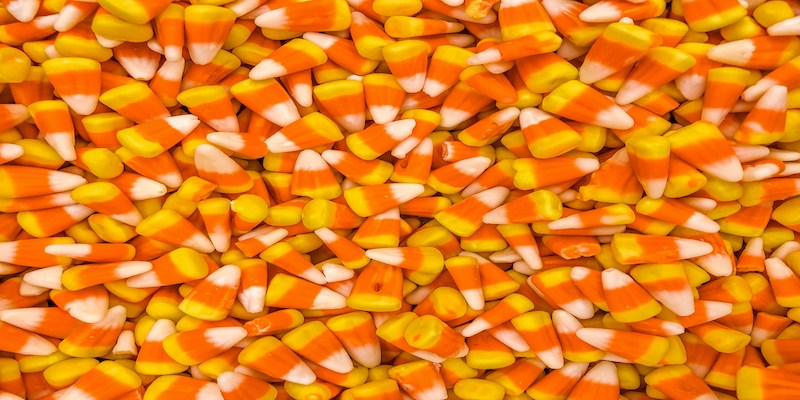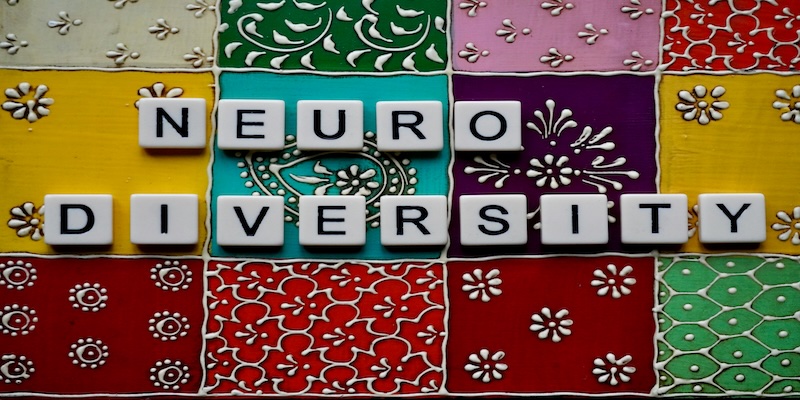by Jennifer Pitman, LCSW
Halloween is swiftly approaching. It is a holiday full of joy and terror. Not the terror of ghosts and goblins, but the terror all parents feel around managing the pillowcases full of candy that come storming into our homes every year. Our children are so excited and we don’t want to squash their joy. But we are terrified of the behavior that comes with the sugar high, followed by the dreaded crash. And Halloween is only the beginning! As soon as the kids forget about Halloween candy we are bombarded with sugar laden treats over all of the holidays that follow. How can we allow ourselves and our children to enjoy Halloween when we are so anxious about the impact that sugar may have on our children?
Does Sugar Impact Our Kids’ Behavior?
There is a widespread belief among parents that sugar causes behavioral changes in their children, particularly hyperactivity. For parents of children with diagnoses such as Depression, Anxiety and ADHD, there is certainly fear and anxiety around sugar’s effects. The idea that sugar impacts the behavior of children may have come from some studies in the 1970s that showed a correlation between sugar and hyperactivity. However, these studies were unable to prove whether the sugar actually caused the hyperactivity or if hyperactive children just sought out more sugar. In fact, decades of research dating back to the 1990s now debunks this myth. A 1995 Meta-analysis by M.L. Wolraich published in the Journal of the American Medical Association examined multiple blind studies that gave participants either sugar or a placebo and examined the outcome of their behavior. The analysis shows that sugar does not impact the behavior or cognition of children. The researchers did note that they could not rule out the possibility of some sensitivities and the possibility of sugar impacting behavior in small subsets of kids. You may be wondering, if sugar does not influence behavior in the vast majority of kids, then why was my child bouncing off the walls last Halloween? Here are some possible explanations.
It is important to understand what happens to our brains when we consume sugar. When we eat sugar, the body absorbs glucose from the blood and that glucose provides the brain with an immediate energy source. The body quickly responds by producing insulin, which keeps the glucose in our cells within a normal range. That burst of energy that we feel from sugar or that we see in our kids, may actually be due to the dopamine that our brain releases when we eat sugar. This dopamine lights up the pleasure center in our brains, makes us feel good and may make us crave more sugar. Another reason may be environmental. The situations that kids are often in when they are consuming sugar such as birthday parties and holiday gatherings, are very exciting and stimulating. This makes it difficult to decipher if the behavior change is due to the food or the situation that they are in. A final theory is related to parental expectation. Research indicates that when parents expect their children to be hyperactive after eating sugar, they typically report this behavior, even if their child had been given a placebo. This can falsely lead parents to believe that sugar is driving their child’s behavior.
Does Sugar Impact Our Kids’ Health?
The answer is yes. Added sugar has many negative effects on health such as obesity and tooth decay. If sugar is consumed in excess long term, it can increase inflammation in the body leading to an increased risk of diseases like cardiovascular disease. So we do want to set our children up with good habits that they can continue into adulthood, while also letting them relax and enjoy the holiday treats.
Our Language about “Good” vs. “Bad” Foods
One way we can help our kids foster a positive relationship with food is to remove the concept of morality from eating. Parents may label foods as “junk” to encourage the consumption of healthy food, but turns out this is not the best way to communicate your message. When we label certain foods as bad, this can create guilt and shame when we do indulge in them. It can even lead to obsessively thinking about food and disordered eating. When we are dealing with kids, labeling a food as bad can sometimes increase that child’s desire for the forbidden treat and have the opposite effect than what you intended. Instead try to talk with your kids about how certain foods support our bodies or give us energy while others are just fun to eat. It may be helpful for us to shift our perspective even when it comes to treats. Even sugar laden treats, in moderation, can be an energy source for our kids as it provides glucose which is vital to brain function. With this perspective in mind we can arm kids with the knowledge necessary to make their own choices around the food they eat.
Tips for Parents
Here are some things you can do to set your family up for success around the holiday sugar overload:
Be a Detective
We now know that sugar does not impact the behavior of our children. So the next time you notice your child becoming wild or irritable after a big bowl of ice cream ask yourself what else could be causing this? Are they feeling overstimulated in the environment? Are they trying to avoid doing a task that they don’t want to do? Are they having trouble expressing themselves? Try to search for the root cause of the behavior.
Food Neutrality
Pay attention to your language around food and avoid good vs. bad labels. Educate your children about what certain foods do for our bodies and which foods are better eaten in moderation.
Lead by Example
Model healthy eating and indulgence and your kids won’t even notice when they end up mimicking your behavior. Allow them to see you eating a wide variety of fruits and vegetables, while also seeing you enjoy treats without beating yourself up.
My grandmother’s mantra throughout my childhood was “everything in moderation,” and it has stayed with me. It may sound cliché, but it is true. Let’s be honest, the joy of the holidays is not just about spending time with friends and family or getting dressed up. It’s also about the food! It’s something our kids look forward to. If we educate our children about nutrition, encourage balance and lead by example we will be able to let go of our anxiety around sugar. We will be able to enter the holiday season with ease as we watch our kids enjoy their hard earned halloween treats.
And if we are lucky, maybe they’ll offer us some treats too!






